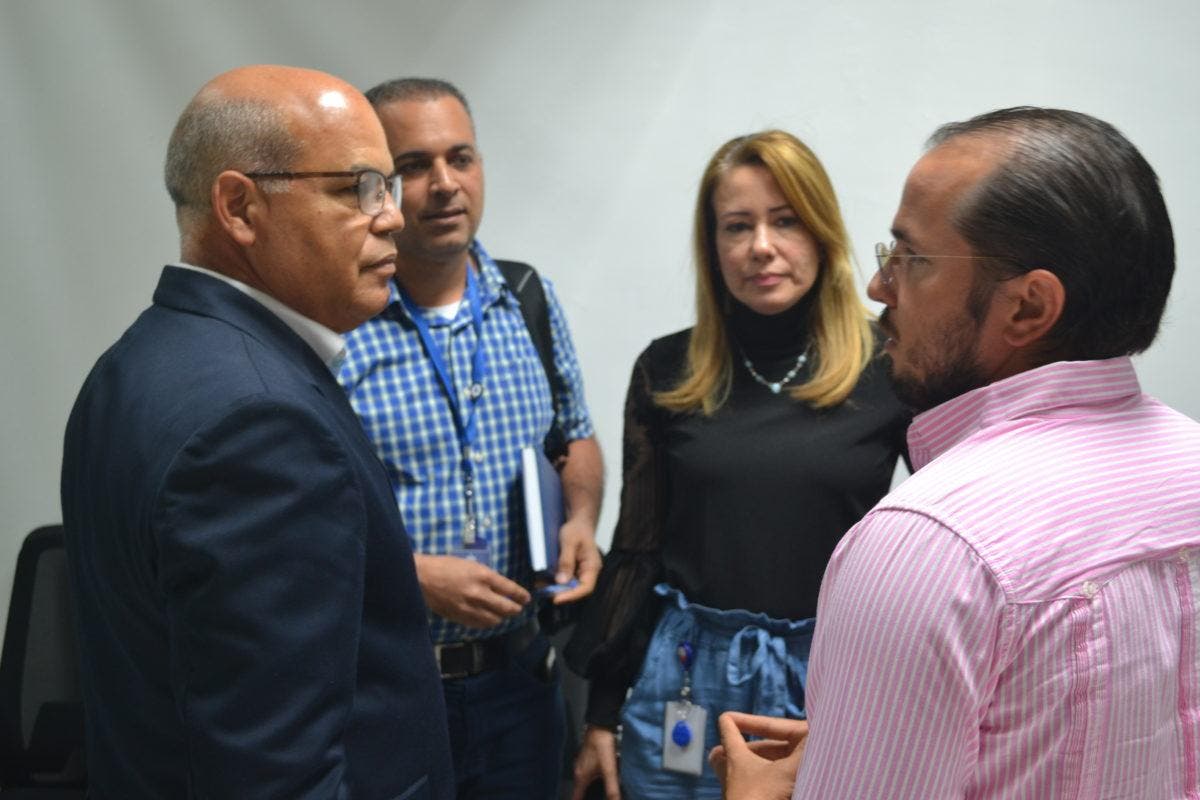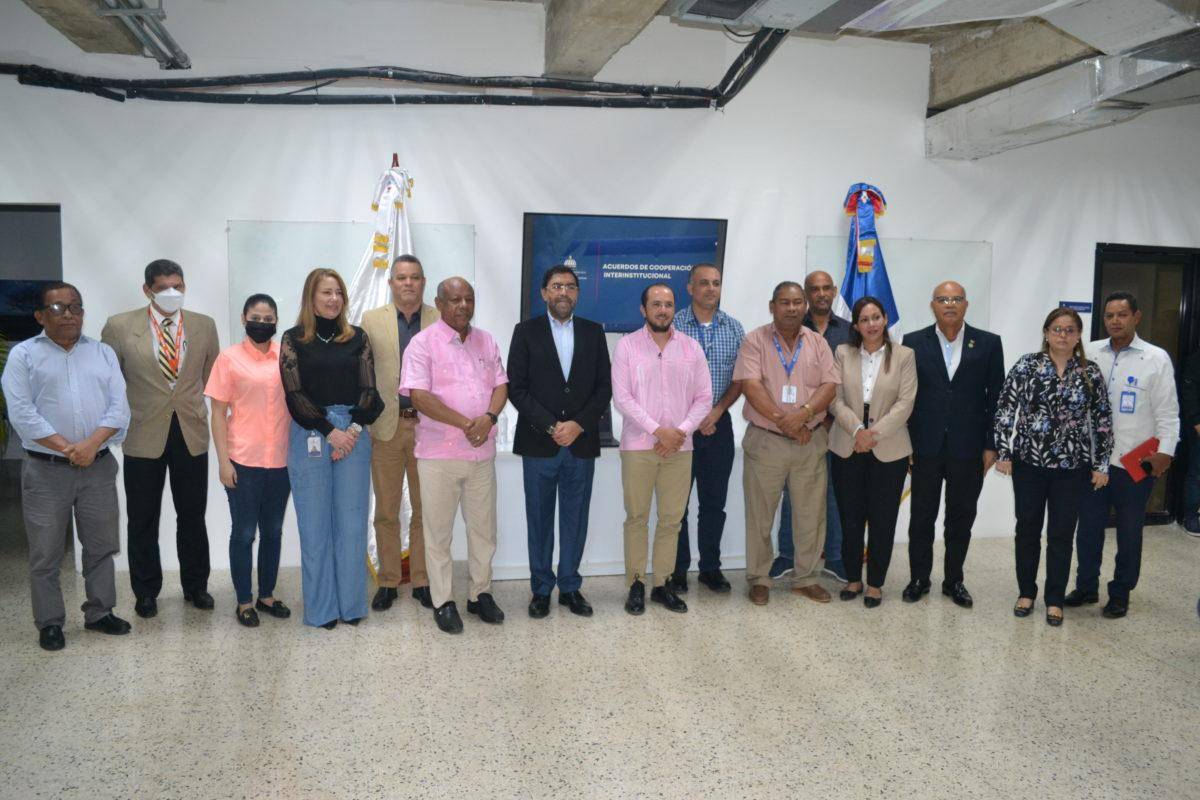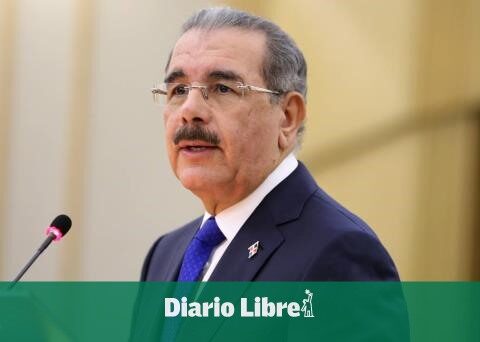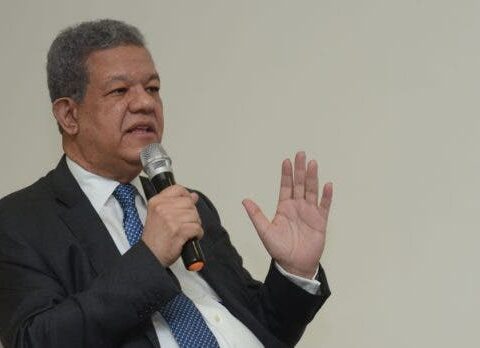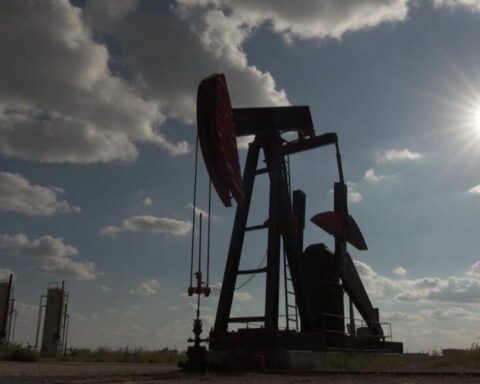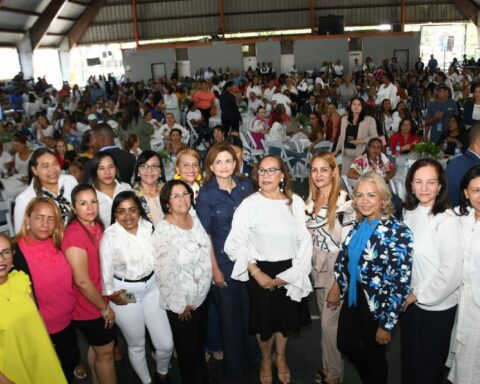The director of the Commission for the Promotion of National Irrigation Modernization (TNR), Claudio Caamaño Vélez, led the second Ordinary Meeting with incumbents and representatives of the institutions involved to improve the distribution and use of water in the sector agricultural.
Caamaño Vélez stressed that, in this first year of management, the National Irrigation Technification has carried out fundamental diagnoses in the country’s fields, especially in the areas most in need of water for cultivation, which has allowed prioritizing official actions and impacting the farmers.
In that sense, he stated that the work carried out goes around improving, not only the technification of farmers, but also their economy and sustainability, highlighting that the President of the Republic, Luis Abinader, He urged that actions be carried out that have a direct impact on the quality of life of the people.
-
Representatives of all the entities involved attended -
TNR commission members
Reading the minutes of the commission’s first meeting, the official pointed out that the entity he chairs has made inter-institutional agreements with the Comedores Economicos, the National Institute for Price Stabilization (Inespre), the National Office of Meteorology (Onamet) and the Institute for Innovation in Biotechnology and Industry (IIBI).
In addition, it has met virtually with the National Irrigation Commission of Chile to exchange experiences and promote the development of binational fields. Face-to-face meetings are planned in both countries.
On your side, the director of the National Institute of Hydraulic Resources (INDRHI) and president of the commission, Olmedo Caba, He said that this government administration urgently needs a comprehensive solution to the issue of water, because the amount available will be less and less and that would complicate economic, social and nutritional development.
Caba proposed that the mistakes made in the past be analyzed, that the good be extracted from those experiences and viable solutions be applied in the shortest possible time, in addition to extrapolating models of international successes, adapting each management to the Dominican reality.
“To make irrigation more technical, you have to do it collectively because individually it is unfeasible, since everyone wanted different things. The State must guide farmers on what is feasible to plant in certain areas and why, starting with the most critical and needy areas”, pointed.
Likewise, he suggested that each entity of the commission allocate a part of its resources to solve the national technification, a proposal that was supported by the director of the Dominican Agrarian Institute (IAD), Guillermo García, who noted that in their records they have hundreds of settlements that require intervention. to make them productive and get the most out of them.
He considered that, if the farmers’ lands are technified, they can become prosperous entrepreneurs and not just small producers, so he projects that this would have a direct impact on the economy, not only for them, but for all the sectors involved.
The meeting was held at the headquarters of the TNR and was also attended by the Ministry of Agriculture, Environment and Natural Resources, National Assets, Agricultural Bank, National Export Bank, the National Institute of Drinking Water and Sewage, the Development and Credit Cooperative, Dominican Agribusiness Board and Irrigation Boards.

